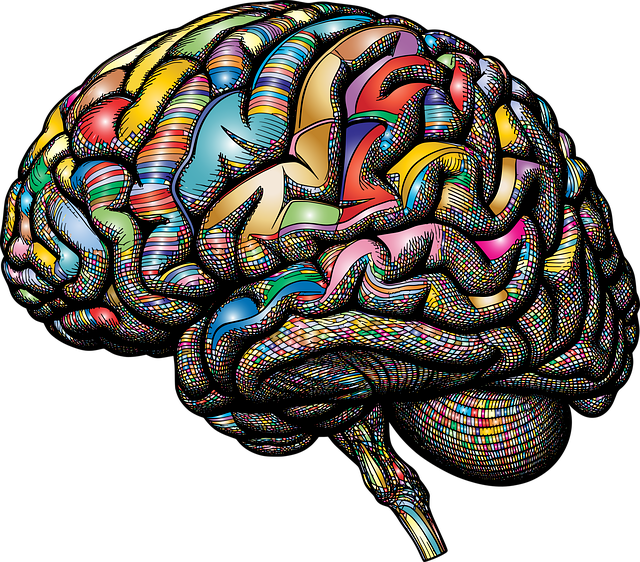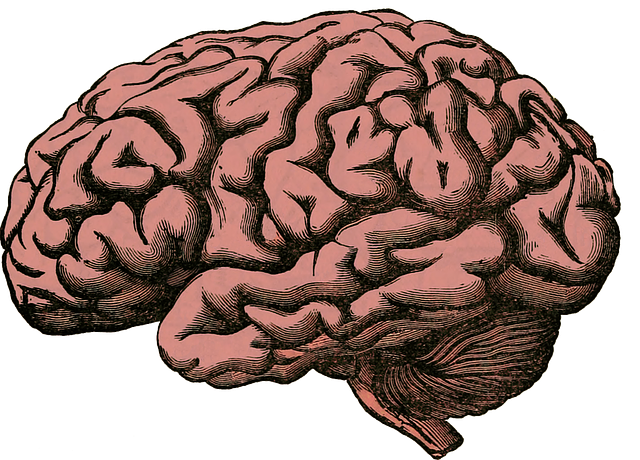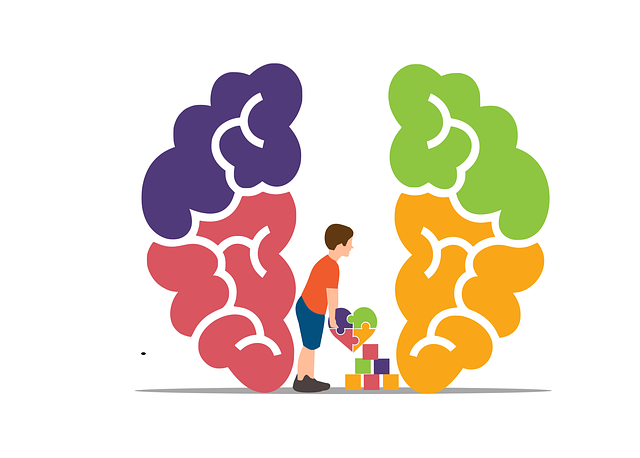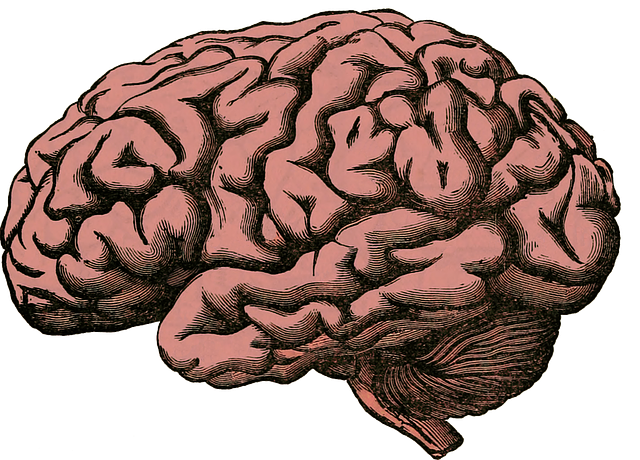Westminster Mindfulness Therapy equips individuals with essential coping skills to navigate life's challenges and maintain emotional well-being. Through mindfulness practices, cognitive reframing, and positive self-care, they learn to manage emotions, challenge unhelpful thinking patterns, and cultivate inner calm. This therapy introduces effective stress management tools like mindful breathing and body scans, promoting empathy and compassionate coping strategies. By focusing on present-moment awareness and emotional regulation, with cultural competency training, it enhances resilience and empowers individuals to adaptively respond to stressors, reducing anxiety and improving overall mental health.
“In today’s fast-paced world, effective coping skills are essential for navigating life’s challenges. This comprehensive guide explores various strategies to enhance emotional well-being. We delve into ‘Understanding Coping Skills,’ highlighting their significance in stress management. The article introduces mindfulness as a powerful tool, focusing on ‘Westminster Mindfulness Therapy’ techniques. Additionally, it offers practical steps for ’emotional regulation’ and ‘building resilience.’ Whether you seek tools to manage stress or deepen your understanding of mental wellness, this resource provides valuable insights.”
- Understanding Coping Skills: An Overview
- The Role of Mindfulness in Stress Management
- Techniques for Emotional Regulation
- Building Resilience: A Step-by-Step Guide
- Westminster Mindfulness Therapy: Practical Application
Understanding Coping Skills: An Overview

Coping skills are the strategies we use to navigate life’s challenges and maintain our emotional well-being. They play a crucial role in promoting resilience and helping us manage stress, anxiety, and even burnout. At Westminster Mindfulness Therapy, we recognize that developing effective coping skills is essential for overall mental health and personal growth.
Understanding what coping skills are and why they matter is the first step towards enhancing our emotional resilience. Through various techniques, including mindfulness practices, cognitive reframing, and positive self-care habits, individuals can learn to manage their emotions, challenge unhelpful thinking patterns, and cultivate a sense of inner calm. These skills prove invaluable in everyday life, enabling us to respond adaptively to stressful situations and prevent burnout from taking hold.
The Role of Mindfulness in Stress Management

Mindfulness has emerged as a powerful tool in stress management, offering individuals an effective way to navigate life’s challenges with greater ease. Westminster Mindfulness Therapy emphasizes the art of staying present and non-judgmentally aware of thoughts and sensations. By cultivating mindfulness, one can develop a deeper sense of self-awareness, enabling them to recognize and accept their emotions without reacting impulsively. This practice is particularly beneficial in reducing stress as it helps individuals detach from anxious or overwhelming thoughts, fostering a calmer mental state.
Incorporating mindfulness into daily routines, such as Self-Care Routine Development for Better Mental Health, can significantly enhance overall well-being. Simple practices like mindful breathing exercises and body scans allow people to take a step back from stress triggers and cultivate empathy building strategies within themselves. This, in turn, promotes a more compassionate approach to life’s hurdles, leading to improved coping skills and better management of stress levels.
Techniques for Emotional Regulation

Emotional regulation is a vital coping skill that can be cultivated through various techniques. Westminster Mindfulness Therapy promotes awareness and acceptance as foundational practices. By observing thoughts and emotions without judgment, individuals gain distance from their feelings, enabling them to respond rather than react impulsively. This mindful approach helps to prevent impulsive decisions or behaviors that might exacerbate emotional distress.
Additionally, cultural competency training for healthcare providers plays a significant role in teaching empathy and understanding towards diverse emotional expressions. This is especially important in addressing issues like depression prevention and boosting confidence across different cultural backgrounds. Through these combined efforts, individuals can develop healthier ways of managing their emotions, fostering resilience and overall well-being.
Building Resilience: A Step-by-Step Guide

Building resilience is a crucial aspect of coping skills development, enabling individuals to navigate life’s challenges with strength and adaptability. At Westminster Mindfulness Therapy, we offer a structured guide to enhance your resilience. Start by identifying your personal strengths and resources; this self-awareness fosters a sense of confidence and empowerment. Through our tailored workshops, you’ll learn effective stress management techniques, such as mindfulness meditation, which have been proven to reduce anxiety and improve overall well-being.
Next, cultivate positive thinking patterns and reframe negative thoughts. This process enhances your emotional intelligence and boosts self-esteem, allowing for better decision-making in stressful situations. Our organization specializes in confidence-boosting strategies, ensuring you develop a growth mindset. By combining these techniques with regular practice, you’ll build resilience that reverberates in all areas of your life, empowering you to embrace change and thrive amidst adversity.
Westminster Mindfulness Therapy: Practical Application

Westminster Mindfulness Therapy offers practical tools for managing daily stressors and promoting mental well-being. This therapeutic approach teaches individuals to focus on the present moment, cultivating awareness of thoughts and emotions without judgment. By integrating mindfulness practices into daily routines, participants learn to reduce anxiety and improve overall emotional resilience.
The organization conducts Stress Management Workshops that empower individuals with effective strategies for coping with stress and preventing depression. Through guided meditations, breathing exercises, and body scans, workshop attendees gain a deeper understanding of their minds and bodies, enabling them to navigate life’s challenges with greater ease and composure.
In developing coping skills, mindfulness plays a pivotal role in managing stress and regulating emotions. The step-by-step guide on building resilience offers practical strategies for fostering mental fortitude. Westminster Mindfulness Therapy, as explored throughout this article, provides a comprehensive framework to navigate life’s challenges. By integrating these techniques into daily routines, individuals can enhance their ability to cope, cultivate inner peace, and lead more fulfilling lives.














